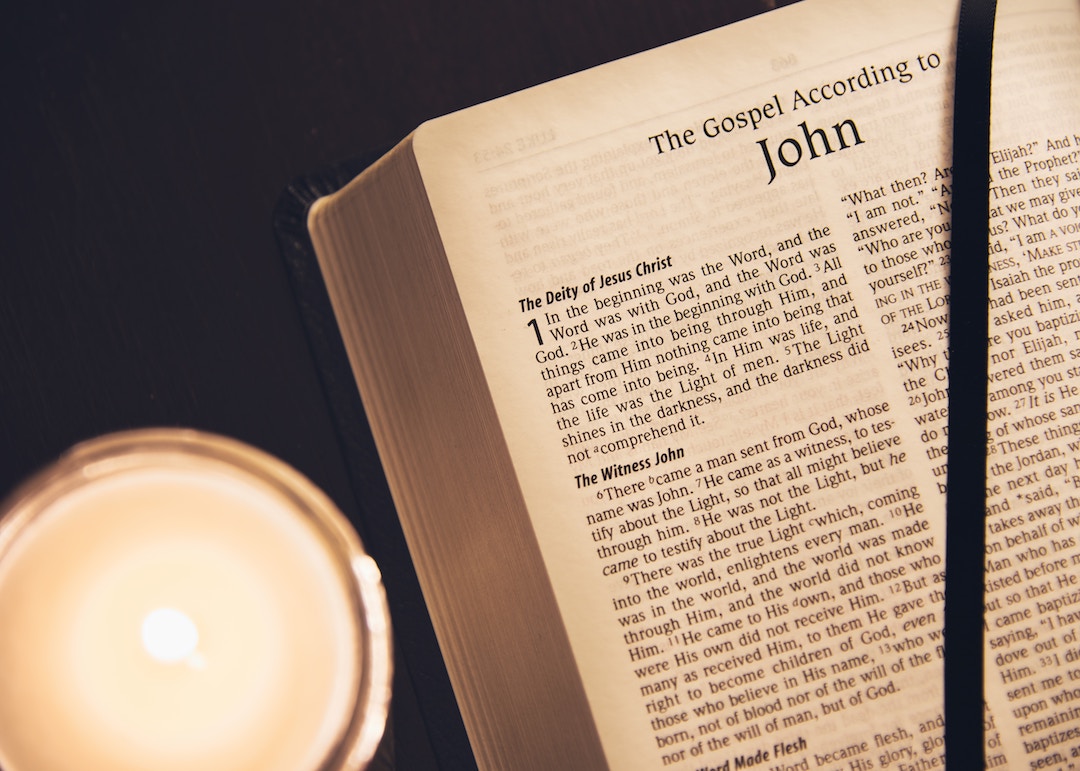Living Water (John 4:1-14)
Pastor: Ben Muresan Series: John Topic: John Scripture: John 4:1–14
First Scripture Reading: Isaiah 55:1-13
Second Scripture Reading: John 4:1-45
Sermon Text: John 4:1-14
In John 3, Jesus had an encounter with Nicodemus, one of the leading Pharisees. We studied their conversation and noted how Jesus plainly explained the necessity of the regenerating work of the Holy Spirit in a person in order for that person to be saved. This would have come as a surprise to someone like Nicodemus, who had a deep sense of works-righteousness and of being able to keep God’s commandments. Now, in John 4, we read about Jesus’ encounter with what many in that society would have considered the opposite of Nicodemus: Jesus met a sinful Samaritan woman. These two polar opposites—Nicodemus and the Samaritan woman—are placed side by side in John’s gospel to show us that everyone is in need of God’s grace. These two also reveal the power of God’s grace. As we noted, there is some evidence in John’s gospel that Nicodemus did repent and believe (John 7:40-52; John 19:38-42), and there is also ample evidence that the Samaritan woman did as well (John 4:39-42). While the law reveals that all fall short of God’s glory, the gospel reveals the power of God’s salvation for all who believe.
- For review, read John 3:31-36. What do we learn here about saving faith? What is one of the evidences of saving faith according to verse 36?
- Read John 4:1-4. Given that there was no geographical necessity for Jesus to travel through Samaria, what does verse 4 mean in light of divine necessity? Compare this text with Luke 19:1-10, and consider especially the meaning of verse 10.
- Why did the Jews and the Samaritans hate each other? What other barriers would have prevented Jewish men from talking to the Samaritan woman? What does Jesus’ intentional encounter with her reveal about his mission?
- How does this passage foreshadow what the early church would experience in Acts 8:4-8?
- What is the double meaning of the phrase “living water” in John 4:10-14? What did the Samaritan woman initially believe Jesus was referring to? What was Jesus actually referring to?
- What are some lessons that you learn about evangelism from John 4:1-14?
- In preparation for our next study, read John 4:15-26. How do you think Jesus knew about her personal life, and why do you think he brought up her sinfulness in the course of their conversation?
other sermons in this series
Feb 27
2022
Pastor Clayton Willis - Follow Me (John 21:19-25)
Pastor: Clayton Willis Scripture: John 21:19–25 Series: John
Feb 20
2022
Pastor Clayton Willis - Jesus Restores Peter (John 21:1-19)
Pastor: Clayton Willis Scripture: John 21:1–19 Series: John
Feb 6
2022
Pastor Clayton Willis - The Blessing of Belief (John 20:24-31)
Pastor: Clayton Willis Scripture: John 20:24–31 Series: John
